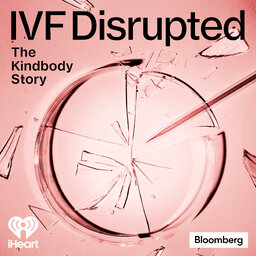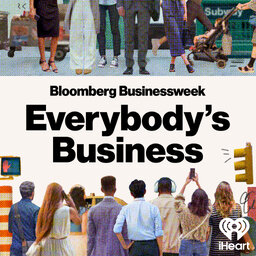The Association
Charles Wah-hre-she was an influential Osage religious leader. He died in Oklahoma City of a gallbladder illness, according to his 1923 death certificate. But for decades, Wah-hre-she’s family has heard a different story of his death. A descendant searches for answers, and tries to understand how a funeral bill grew so big it triggered alarms in the US Congress. Learn more and see archival documents and photos from the episode: https://bloom.bg/3CdQum6
In 1 playlist(s)
In Trust
A hundred and fifty years ago, the Osage Nation bought a stretch of prairie the size of Delaware, in…Social links
Follow podcast
Recent clips

Introducing IVF Disrupted: The Kindbody Story
01:36

Introducing: Everybody's Business
01:27

Bonus Episode: The Celebration
09:17
 In Trust
In Trust